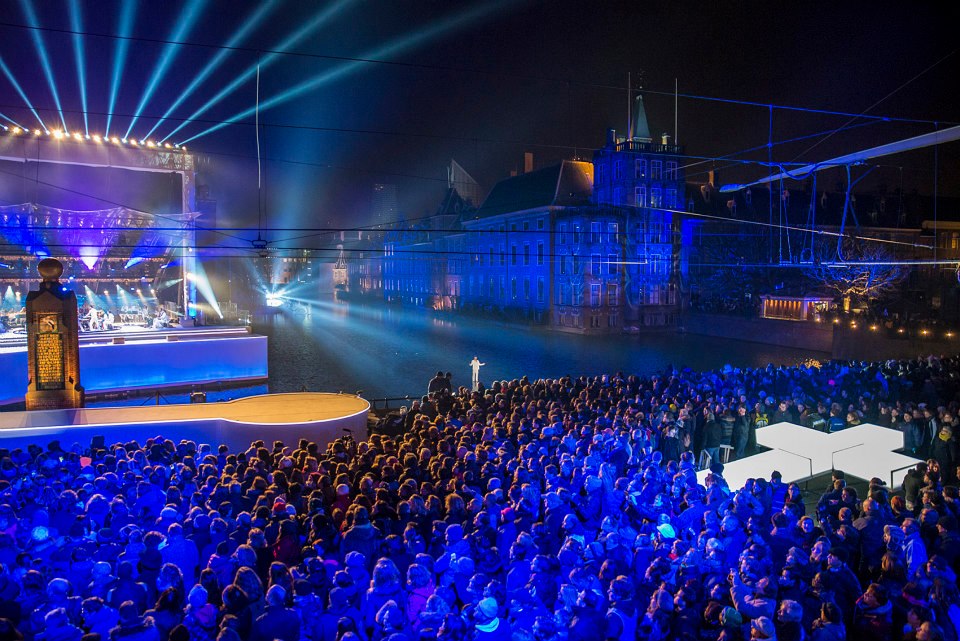
It has been a long time since a television show or a movie has impacted me but the presentation of The Passion that premiered last night on the Fox Television Network is now one of those times.
Each generation needs to tell biblical stories in their way, in ways that speak to them in language that they will understand. In the 1970’s we had Jesus Christ Superstar and Godspell. In the early years of this century, The Passion of the Christ premiered and told the story in a very different and graphic way. The Passion now joins with these great telling of the Greatest Story Ever Told.
With one of America’s greatest cities, New Orleans, as the backdrop, the story of Jesus final week is told in music and word. With scenes like Jesus in the coffee shop telling his Apostles about what is coming next, to him stopping by the food truck to buy the bread that will be used for the last supper, the story becomes real in the 21st century. The choice of New Orleans could not have been better for this is a story of hope from despair and lives rebuilt out of ruins just like the City itself.
I was a bit skeptical of the choice of Trisha Yearwood as Mary the Mother of Jesus, but she hit it out of the park with her emotional songs about a mother saying goodbye to her son. I believe that this was more than acting but pure raw emotion as she put herself into the shoes of Mary as she watched Jesus die.
Chris Daughtry gave an outstanding performance as Judas, the betrayer and for the first time we were given a glimpse of the agony that Judas must have gone through as he wrestled with the very human emotion of a choice between good and evil, between doing what is right and doing what is popular and between faith and greed. We do not see Judas’ end in the story for just the way he walks away from Jesus and the others points to the emotional turmoil that he was now in as a he faced the reality of what he had done. The traditional story is that Judas took his life by hanging from a tree, well in a sense this is what we see here, he took his life by his actions, and he will be tormented for his role in it all until his last days.
All during the telling of the story, a giant illuminated cross was carried through the streets of New Orleans. Beginning at the site of suffering after Hurricane Katrina, the New Orleans Super Dome, and moving through the historic French Quarter to Jackson Square the crowd was building until they reached the final spot where the story would, at least for now, come to an end. But unlike the Passion of the Christ, there was no crucifixion; there was no scene of Jesus being whipped by the Roman soldiers. This did not detract from the story at all, but the storytellers chose to focus on what came next.
Standing high atop of a hotel not far from the center stage Jesus belts out a song about unconditional love, the ultimate message of all that had come before. We tend to focus a lot of time and energy on the bloody parts of Holy Week and pass over the message of love and hope that the story is all about. I want to give credit to the creators of this program for shifting the focus back to where it should be on the timeless message of hope and redemption, forgiveness, and love.
If you did not have an opportunity to see The Passion, take time this week to watch it. You will not be sorry that you did.
